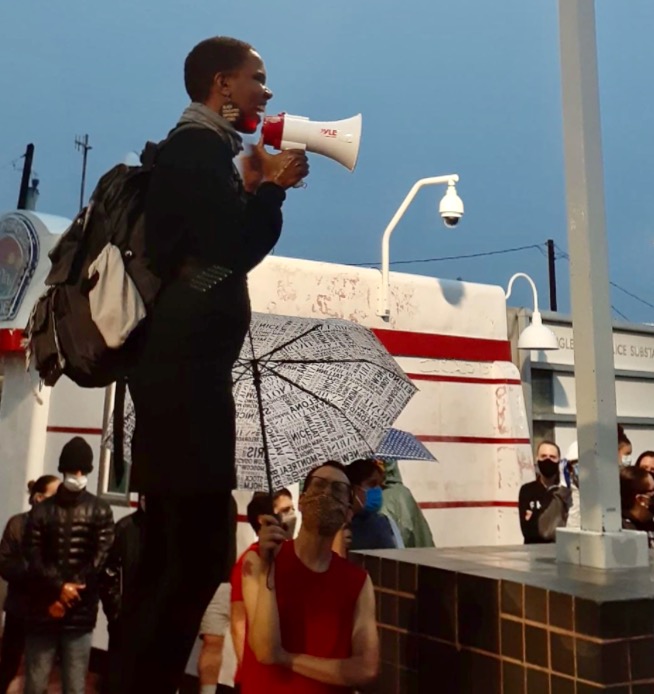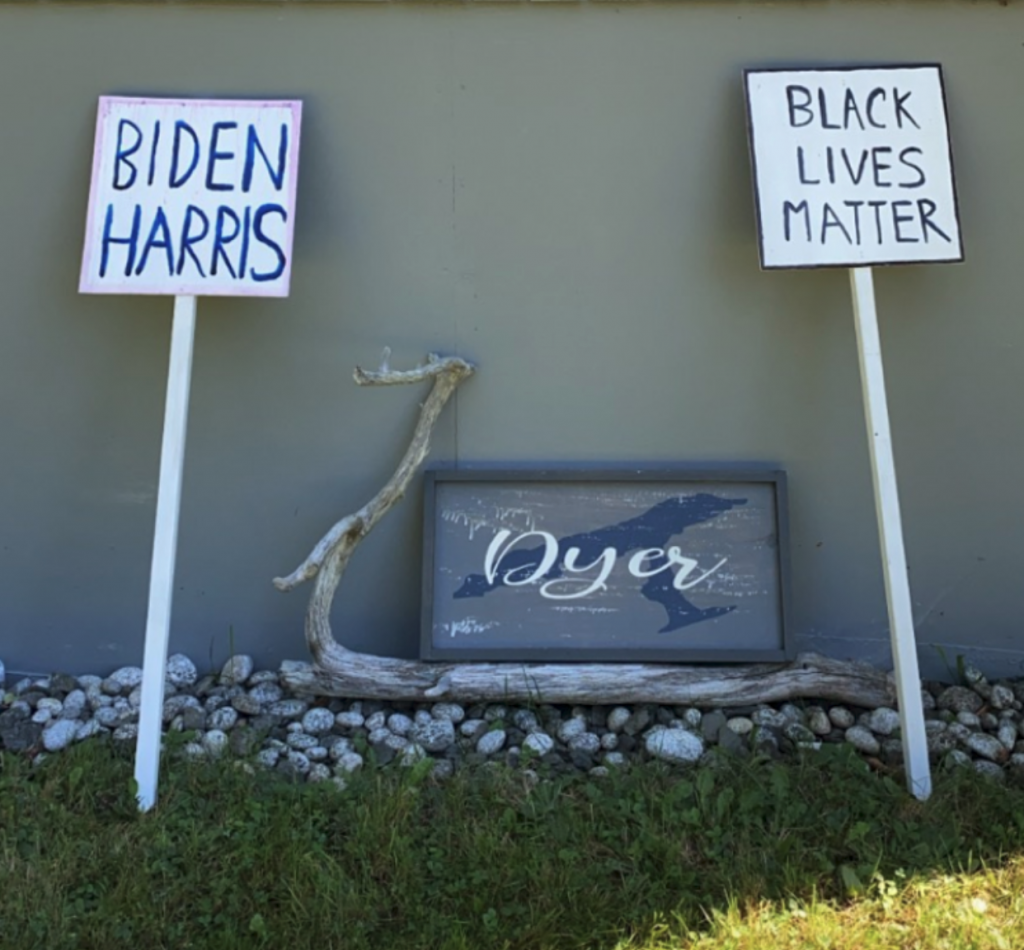Gordon Payne / NM News Port
Kamala Harris’ candidacy as the Democratic Party’s vice presidential nominee is not necessarily the reason women are likely to support the party in the 2020 election, professors from the University of New Mexico explain.
UNM political science professor Lonna Atkeson recently published a report for the University’s Center for the Study of Voting, Elections and Democracy which described an unprecedented movement of New Mexican women into the Democratic Party during the 2018 midterms.
“It’s not just New Mexican women, it’s women across the country,” Atkeson said. “I think it’s a consequence of this divisive change in partisanship, women are leaving the Republican party more than men are leaving the Democratic party.”
Atkeson said the gender split issue is leading to an increase in partisanship.
“The Democratic party is more attractive in some ways because they have consistently prioritized compassion over economy and there’s some evidence in the literature that men tend to prioritize economics, and so the parties sort of divide down those lines naturally,” Atkeson said.
In her report, however, Atkeson explained the overall growth of women’s presence in politics is not new information. According to data from the Pew Research Center, women have continually made up the majority of the electorate in every presidential election since the 1980s.
![]()
According to Atkeson, this fact remained true in the 2018 midterms for New Mexico, when 54% of New Mexican voters were female and 46% were male.
“I don’t see this as the year of the woman or something like that,” Atkeson said, despite a record number of women running for Congress in this year’s election. “There are a lot of women running but I don’t see a lot of women’s issues at the forefront of any particular debates.”
Instead, Atkeson said this trend in female voter participation is the result of a battle for political representation fought over several generations of women which is what makes 2020 especially important.
This election year marks the 100th anniversary of the ratification of the 19th Amendment, and although female voters have a lot to celebrate, there’s still progress to be made, professor Vinay Harpalani of the UNM School of Law said.

“…We have a far way to go before women have the same opportunities as men, and we should focus on continuing to forge on towards race and gender equity,” Harpalani said. “I think it is important to note that at the time, the 19th Amendment was largely an advancement for white women.”
This is what makes Kamala Harris’ candidacy so significant, Harpalani said.
“The fact that Joe Biden promised to pick a woman as his VP shows that gender equity is becoming more visible and important to the Democratic Party,” Harpalani said. “I think she will also inspire women who want to go into politics and other leadership positions – especially women of color – and Black women most of all.”
It is this focus on race and gender equity that contributed to Black women being more likely than women in any other racial or ethnic group to support Democratic House candidates in 2018, according to the Associated Press.
Atkeson said that Biden’s decision to pick Harris was most likely due to the Democratic Party’s recognition of the demand by female voters for more political representation.
In a 2019 blog post, Harpalani said Harris’ identity as a woman did not cause the recent movement of female voters to the Democratic Party, rather, her nomination was indicative of the party’s ideology being attractive to groups traditionally underrepresented in politics.
“The 2020 Democratic presidential nomination process illustrated the generational divide among Black voters,” Harpalani said, noting Harris and Senator Cory Booker’s failure to connect with Black communities despite being Black themselves.

In fact, former Vice President Joe Biden led the polls among Black voters by a large margin. Biden’s support comes largely from older Black voters. But among Black voters ages 18-29, Senator Bernie Sanders was the leading candidate, according to Harpalani.
“Perhaps a fair number of women of color will support Harris, but a lot of women did not support Hillary Clinton just because she was a woman,” Harpalani said.
Harplani pointed out that a majority of white women voted for Donald Trump, a demographic that holds a significant portion of electoral power. It would not be reasonable, then, to assume that women will support Harris because she’s a woman.
Harpalani said that while Harris’ candidacy for vice president represents the empowerment and advancement of women of color and women in general, her presidential campaign in the primary was a representation of America’s struggle to accept diversity in places of power.
“[Harris’] candidacy underscored the multifaceted nature of racial identity politics, showing how these are infused with sexist gender norms, and with cultural and generational divides,” Harpalani said. “And most significantly, it highlighted the difficult challenges that women of color — and especially Black women — face when pursuing their ambitions.”
With more and more women finding a place in the Democratic Party, these experts say, those challenges can start to be addressed.
Gordon Payne is a reporter for New Mexico News Port. He can be contacted on Twitter @GordonPayne18 or by email at nmnewsport@gmail.com.